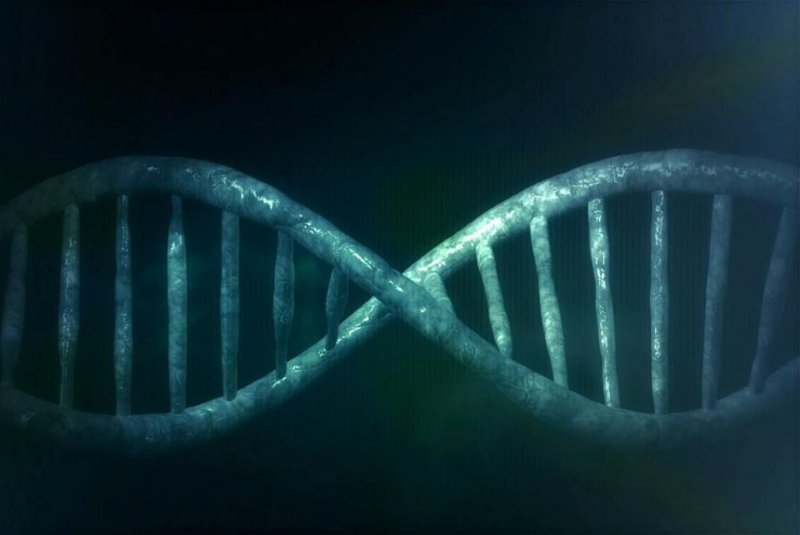Wayne State University researchers say their prenatal testing method offers the same accuracy as conventional methods, but can be conducted much earlier. Photo by
PublicDomainPictures/Pixabay
DETROIT, Nov. 3 (UPI) -- Scientists at Wayne State University have developed a non-invasive method for conducting prenatal genetic tests in pregnant women.
The technology, known as Trophoblast Retrieval and Isolation from the Cervix, or TRIC, is designed to offer the same accuracy as conventional approaches, but can be used 5 to 10 weeks earlier. A research team tested the method's effectiveness in paper published in the journal Science Translational Medicine.
TRIC provides information on developing pregnancies by obtaining hundreds of cells and isolating fetal DNA from maternal DNA. Scientists compared the retrieval technique to a common Pap smear, and add further development may help identify problems with the pregnancy by measuring specific protein levels.
"This finding suggests that it might one day be possible to test these protein levels to identify pregnancies at risk for complications. Such a test could help physicians to better manage the health of mother and baby, and would streamline research on new interventions to prevent or limit the effects of disease," researcher Randall Armant explained in a press release.
The research team tested the method by sequencing 20 consecutive pregnancies collected at 5 to 19 weeks, and reported minimal DNA contamination.
"We sequenced the fetal DNA and compared it to that of the mothers, proving that they were different, but the fetal DNA always contained one copy of the mother's DNA genes. We also had some DNA from the placenta and found that it was identical to the fetal DNA," Armant continued.
"For fetal genetic studies, we next plan to determine if TRIC can identify genetic disorders in the fetus. This would give parents information about the likelihood of their fetus having a genetic disorder much earlier in pregnancy than current tests. Very soon, we would like to begin clinical trials with all of these potential tests," Armant said.















